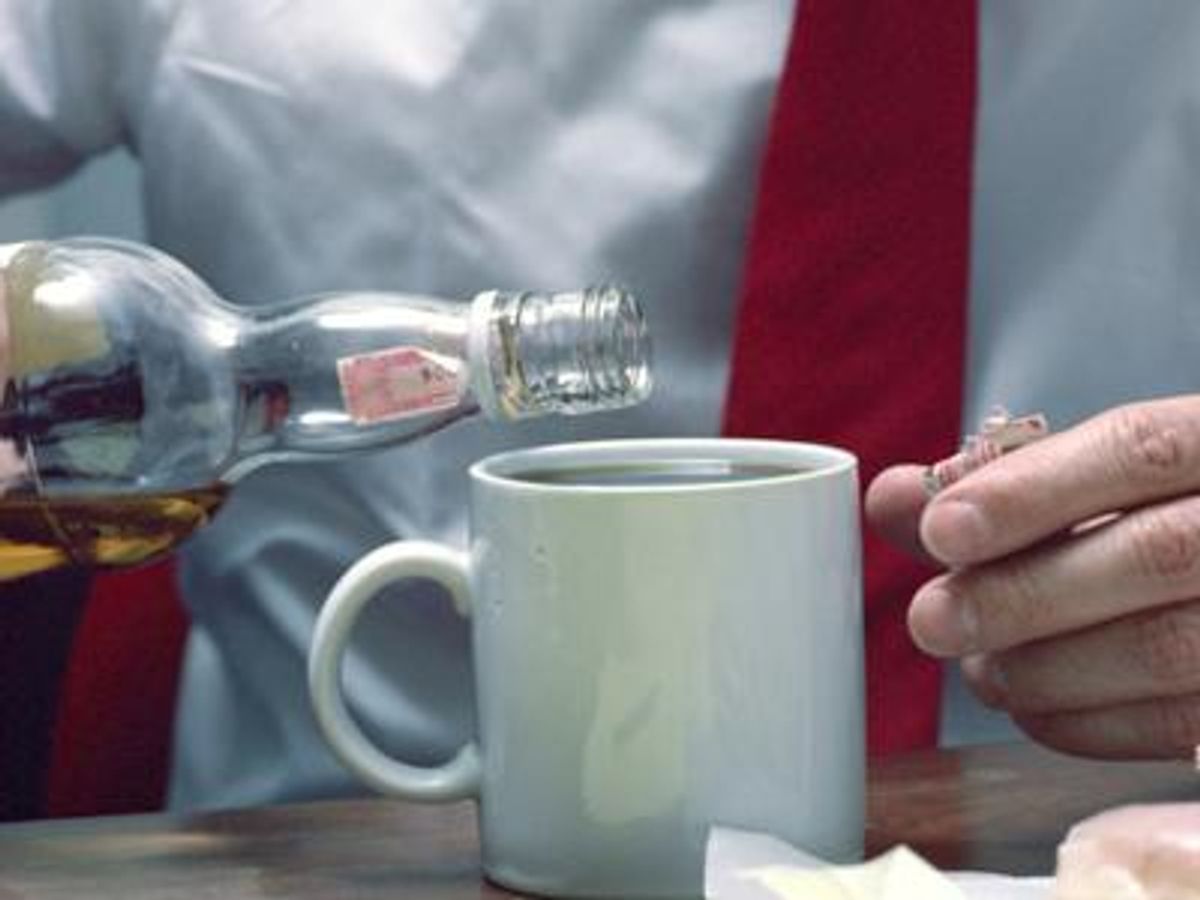If the thought of confronting a loved one’s alcohol or drug use conjures up images of the A&E reality show Intervention, with its tears, fights, and relapses, take a breath. Talking to a friend, spouse, or family member about their substance abuse is never easy, but it doesn’t have to be as dramatic and scary as it’s usually depicted on TV.
“The first thing you should do if you suspect that someone is abusing drugs is open a dialogue with them, presenting them with the facts of what you’ve observed and trying to withhold judgment,” says Wesley Boyd, an assistant clinical professor of psychiatry at Harvard Medical School and the author of Almost Addicted: Is My (or My Loved One’s) Drug Use a Problem?
“This reduces the likelihood of pushback and denial.”
Mark Komrad, a psychiatrist at Johns Hopkins University and the author of You Need Help! A Step-by-Step Plan to Convince a Loved One to Get Counseling, also stresses a light touch when addressing the problem. The key is to make the problem about you and your worries, so you don’t reprimand and heap accusations on your loved one.
“Talk about your concerns,” Komrad says. “Frame your approach by discussing your feelings, worries, and concerns in the face of the specific behavioral or emotional problems you are observing and how they are affecting you. This is far easier for the other person to hear than scoldings. So keep the focus on your own distress and concern.”
It’s OK to suggest, rather than demand, that your loved one make an appointment with a mental health professional “just to see” if there really is a problem with drugs or alcohol, Komrad says. If he or she doesn’t take you up on the offer, don’t give up; just continue to gently suggest this as an option.
Both Boyd and Komrad recommend immediately seeking out your local Al-Anon or Nar-Anon group for help.
“Al-Anon, an international group with lots of meetings in many cities, is specifically for individuals who have a loved one abusing [alcohol],” Boyd says. “Al-Anon offers support to such people and sage advice about what to do and not do.” The group was founded in 1951 by the wife of an alcoholic who realized it wasn’t just the addict who needed support and treatment; spouses and children do as well. It’s given rise to a network of groups, including Nar-Anon, for families of drug addicts.
Other people you could turn to, says Boyd, might include a primary care physician, a therapist knowledgeable about drug abuse, or a clergy member.
A drug or alcohol addiction isn’t always obvious. Here’s what to look for if you’re having suspicions about someone’s use, according to Komrad and Boyd.
- Altered sleep patterns
- Trouble waking in the morning
- Daytime sleepiness
- Increased irritability or moodiness
- Missed workdays
- Clumsiness
- Unexplained weight loss or gain
- Other physical complaints, without clear explanations
- Money that’s spent without an explanation
- Disheveled appearance
- Deterioration of personal hygiene
- Slurred speech


















































































